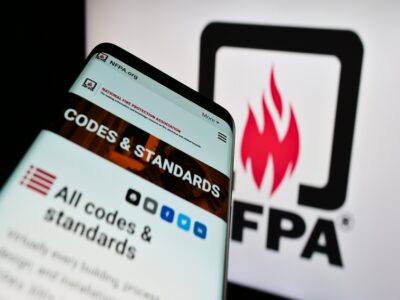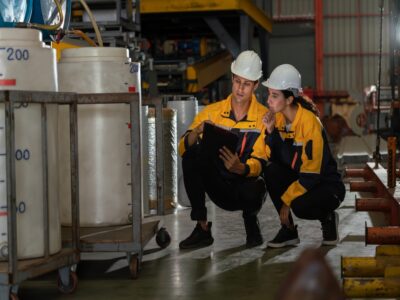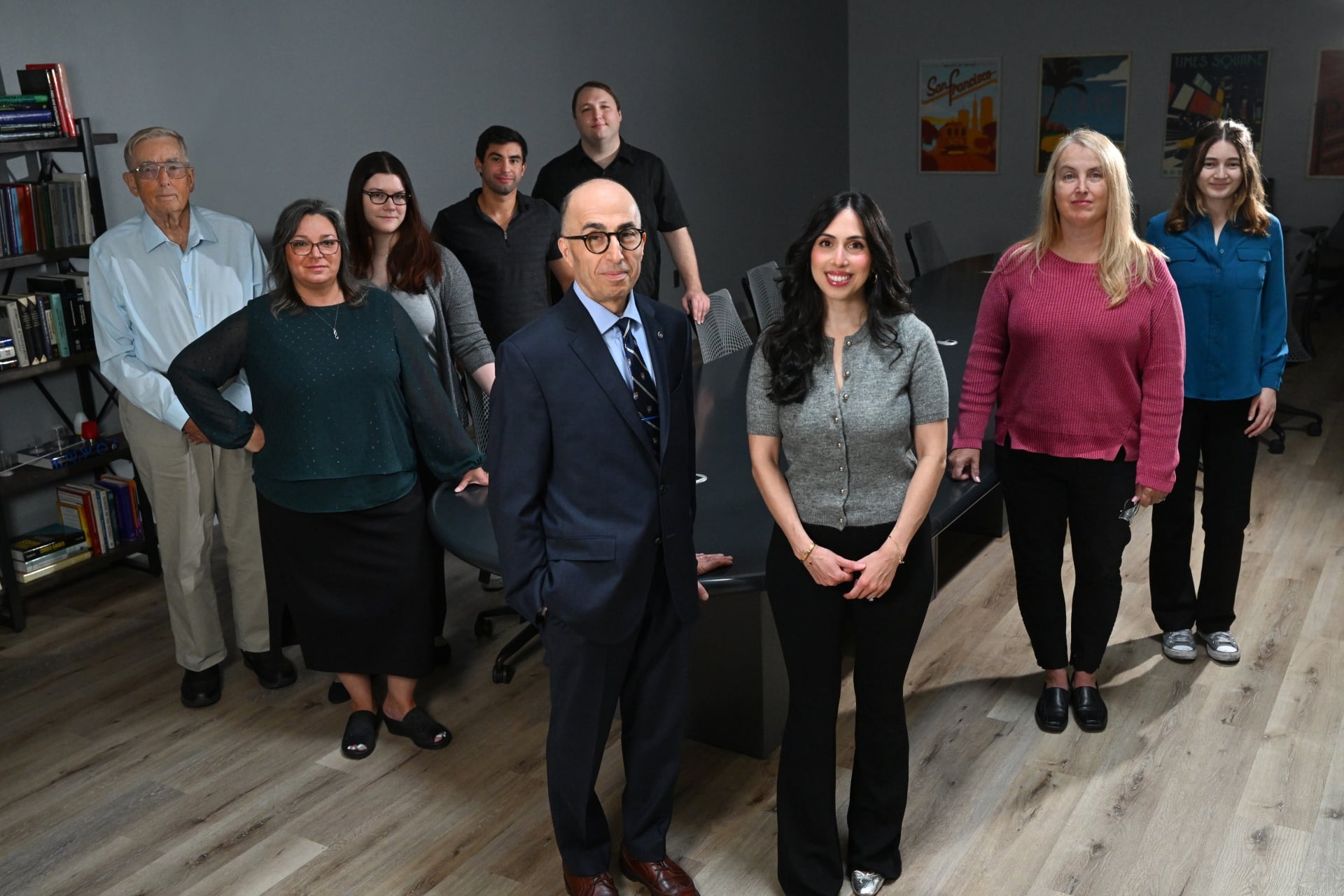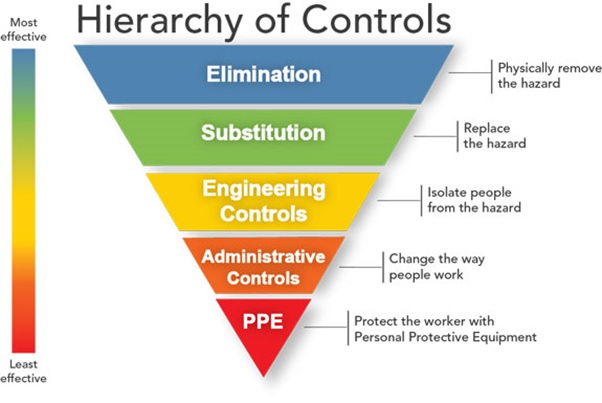Competency Levels Required
Employing staff dedicated to process safety does not guarantee the safety of people and your facility and its people. Process safety is a big field and any one person is unlikely to have all the skills, experience and knowledge required. In any case, process safety staff are just one group of staff that can make a facility safe. Other critical groups include frontline staff (operators, maintenance, supervisors), management and supporting staff such as HR and quality control and so on. Even the Executive Board should understand the bigger picture of risk in likelihood and consequences of incident, emergency preparedness, main legislative responsibilities and how the culture they can set influences safe behaviour. What is apparent is that a wide range of staff functions have influence on process safety – and that each function requires a different level of Process Safety Competency (knowledge, experience and skills). Identifying relevant staff and their required skills level is the first stage in any process safety competency assessment.
Our Service
Once staff are identified and expected competency levels set, we work with our clients to run a series of interviews, usually based on self-assessment work, to delve into competency through structured discussion. Where we agree there may be areas in need of development, we can discuss ways of achieving it. In practice, the interview process also allows the opportunity to check that all competency areas required by the organization to run a safe plant are present, and that nothing has been overlooked and is missing. This approach allows us to bring the experience of our most senior process safety staff to that of our clients to ensure a comprehensive, impartial and verified results.
Suitability for companies large and small
The small company: With small companies, there are fewer people to hold the necessary knowledge, experience and skills. This means gaps in competency may more readily occur but that identifying these is that much more important. Of course, the management of the identified competencies is important too, ensuring that as staff leave and join, no gaps are created – and that skills and knowledge are kept up to date. The large corporation: Here the challenges are more likely to revolve around knowing what is happening at facilities that are distant or even in remote part of the globe where process safety culture and standards are inherently different. Here competency assessment work can bring reassurance to corporation executives – and highlight where effort can be targeted for best returns in process safety / risk reduction.

Get in touch
To learn more about our expertise and services in dust explosion prevention & mitigation, call us at +1 609 455 0001 or email us at [email protected] today.
We also offer tailored virtual and in-company process safety training programs on Dust Explosions, Static Electricity and HAC (Hazardous Area Classification) and more. Find further information here.
* indicates required fields












